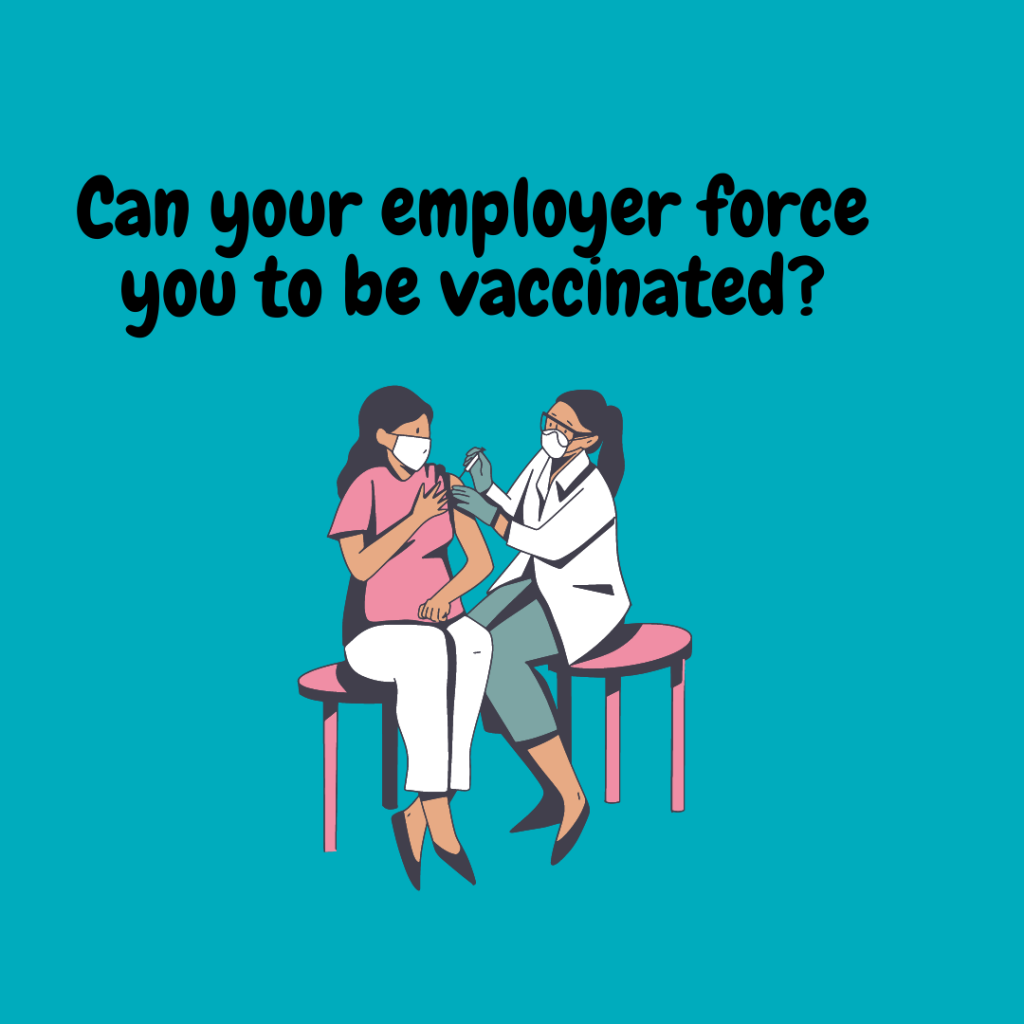
How to keep safe at work
Employers are requesting that employees return to work as the Government eases COVID-19 restrictions. Businesses are required to develop and implement a COVID safe plan. You can find what this plan should include here. If you have been asked to return to work, you have several workplace rights that will ensure your safety, including raising a genuine safety concern you may have as Australia returns to the workplace.
Your Fundamental WHS Rights
As an employee you have the basic right to attend a workplace that is safe. These are called work, health and safety (WHS) rights.
These include a right to:
- Elect a health and safety representative in your workplace
- Request the formation of a health and safety committee
- To cease unsafe work in certain circumstances
You need to be aware that if you’re being asked to return to work and you have a genuine concern about your health and safety in the workplace arising from COVID-19 and associated risks you can exercise these fundamental rights. You also cannot be discriminated, or have any adverse action taken against you for exercising these rights.
WHS Representative
Under any circumstances, you have a workplace right to elect a health and safety representative in your workplace. If your employer does not have one, you are entitled to elect one and you are also entitled to self nominate.
Formation of a WHS Committee
You also have a workplace right to request the formation of a WHS Committee. This committee is a group of employees nominated by the employer to be consulted with in matters such as the implementation of a COVID safe plan.
Cease unsafe work
In certain circumstances you are entitled to cease unsafe work. This includes, where you have a reasonable concern of exposure to COVID-19 due to a lack of hygienic practices in your workplace that manage the risk of exposure to the virus. Examples of managing the risk of exposure to Covid-19 in office spaces has been identified by Safe Work Australia here
Raising a genuine health and safety concern
If you have health and safety concerns, your employer is required to resolve this issue with an agreed WHS procedure. If your workplace does not have a procedure already in place you, they are required to follow the default procedure outlined below.
You are entitled to raise a WHS issue if you are unsatisfied with your employer’s WHS procedures because they may not have, for example:
- Implemented a COVID safe plan that they have consulted with you
- Conducted a risk assessment
- Elected a WHS representative
- Selected a WHS Committee
And you have a genuine concern about your exposure to COVID-19 in your workplace.
You are also entitled to raise a WHS concern in relation to your personal circumstances such as that you are a vulnerable person or you live with or care for a vulnerable person and that your workplace exposure to COVID-19 puts these people at risk. If your employer does not have a WHS dispute procedure in place, then they must follow the default WHS procedure prescribed by Australian WHS laws.
Default dispute procedure
Under the default WHS dispute procedure found in Part 2.2 of the NSW Work Health and Safety Regulation 2017 any party to the issue can formally commence a dispute in relation to the procedure which is as follows:
- Informing your employer that there is an issue that needs to be resolved, including the nature and the scope of the issue.
- All relevant parties including your employer and WHS Representative if there is one, must meet or communicate with each other in order to attempt to resolve the issue.
- The parties must have regard to all relevant matters, including
- The degree and immediacy of risk to workers or other persons affected by the issue.
- The number and location of workers and other persons affected by the issue.
- The measures both temporary and permanent that must be implemented to resolve the issue, and who is responsible for the resolution measures.
- If the dispute is resolved, then details of the issue and the resolution have to be set out in writing.
- The written agreement must reflect the resolution of the issue, and a copy of the written agreement must be given to all parties.
As a party involved in resolving the issue, you are entitled to be assisted by a representative of your choice. This can include a union member or a paid agent such as a lawyer.If you would like us to represent you in this type of dispute you can contact us to arrange a consultation.
Important to note – General Protections
In raising a genuine health concern, you are exercising a workplace right that exists under WHS laws. This also constitutes a complaint or enquiry in relation to your employment. Therefore, you also have an entitlement not to be discriminated against because of raising a WHS concern in the workplace. If your employer takes adverse action, for example issuing you with a warning or ultimately dismissing your employment as a consequence of raising a WHS concern, you are entitled to take action. This should be pursued through general protections application which needs to be lodged within 21 days of the date of dismissal if you are terminated. You can read more about what a General Protection claim is here.
Can I request to continue working from home?
If you are not satisfied with the resolution and you have a genuine and immediate concern for your health and safety in the workplace, you may be able to request to continue to work from home.
It must be emphasised that under the new Job Keeper scheme, your employer can direct you to perform alternate duties or direct you on your location of work if it would be reasonable for you to do so. You can read more details on what a reasonable job keeper direction is here.
However, if you:
- Have been asked to return to work;
- Have been successfully working from home;
- Do not think your employer has adequate WHS procedure in place;
- Have a genuine concern for your health and safety due to increased exposure to COVID-19
It may be reasonable for you to request to continue working from home as you would be ready, willing and able to perform your work including alternative duties where you are able to do so from home.
Summary Checklist
If you are concerned about returning to work you should follow the following steps and ask your employer:
- For their COVID safe plan
- Whether a WHS representative has been elected at your work
- Whether there is a WHS Committee and if they have been consulted in relation to the COVID safe plan
If you don’t think the direction to return to work is reasonable you should tell your employer why and notify them you are raising a WHS issue that requires resolution in writing and in accordance with WHS legislation. We have created a template letter you can send to your employer which you can download for free when you join our Facebook Group – Legal Updates for Employees in Australia during COVID-19.
If you’re unsure or would like support in raising your concern contact us today on 1800 RES 123 to arrange a 20 minute express consult.
Need more support?
To help you navigate the rapid COVID19 changes we have launched a chatbot to give you quick answers to all of your questions about stand down, dismissal and pay cuts.




